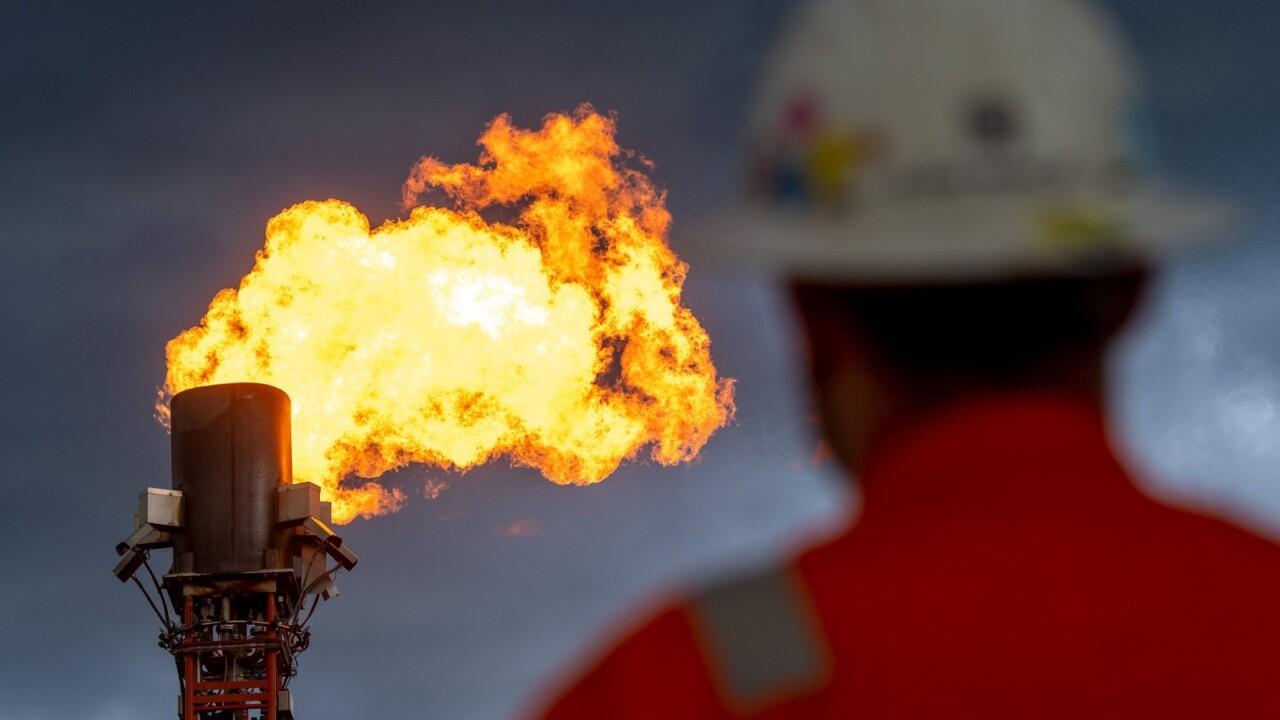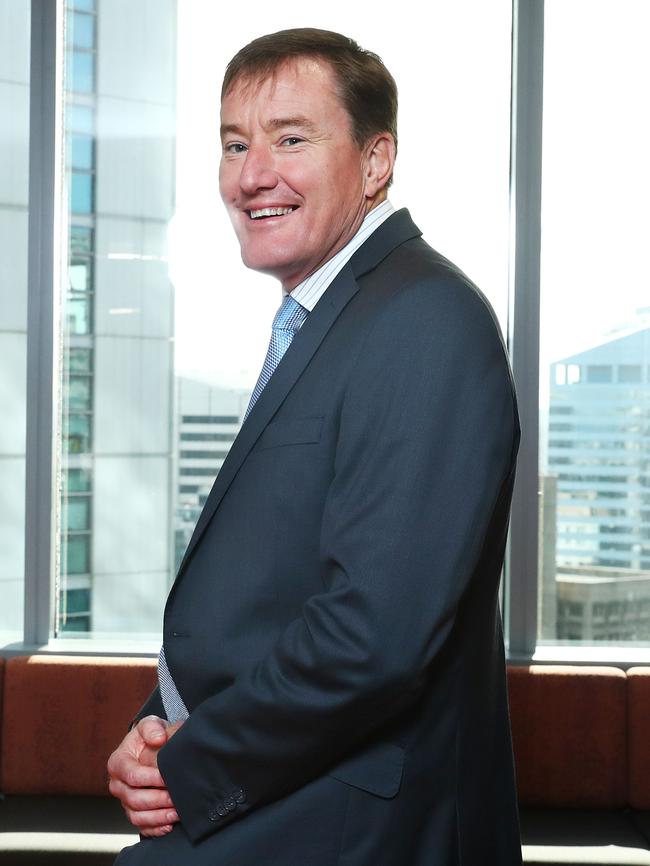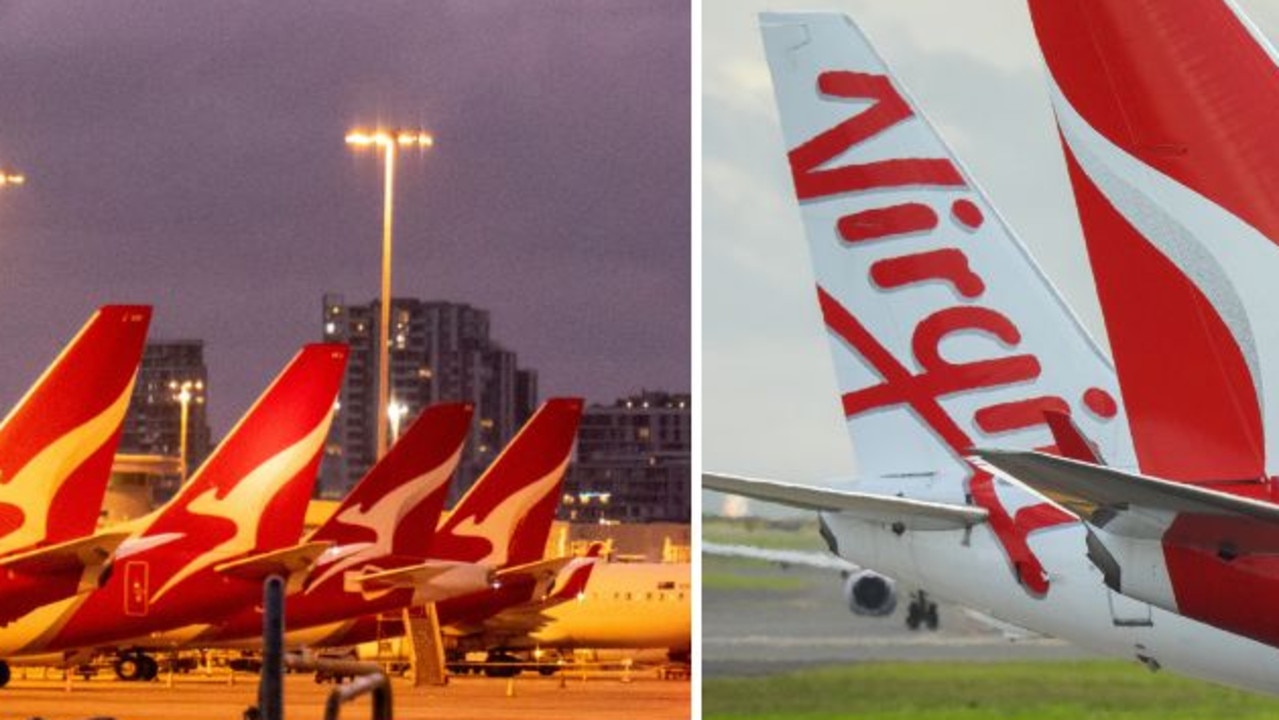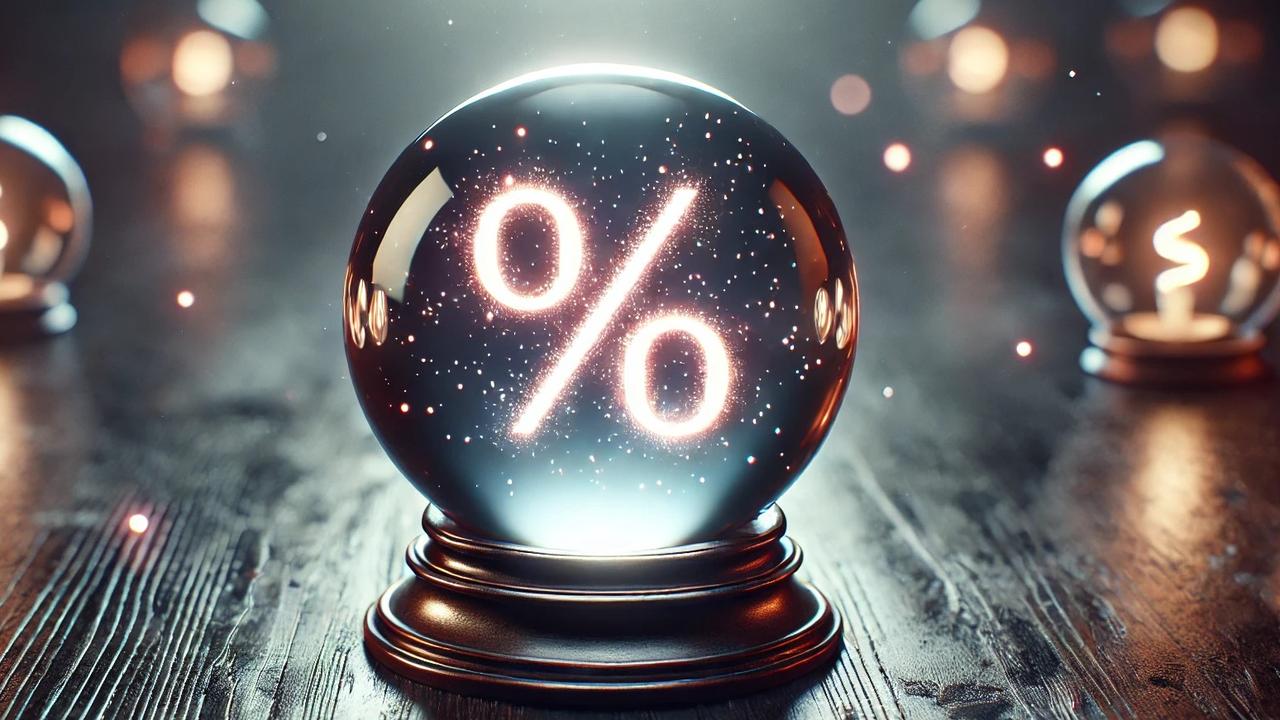Andrew Forrest’s Squadron Energy hits back at LNG import claims
Andrew Forrest’s Squadron Energy has rejected claims gas prices would soar if eastern seaboard users were forced to rely on imported gas supplies.

Business
Don't miss out on the headlines from Business. Followed categories will be added to My News.
Andrew Forrest’s Squadron Energy, which hopes to open Australia’s first LNG import terminal at Port Kembla, has hit back at claims that gas prices will soar if users on Australia’s eastern seaboard are required to rely on imported gas supplies.
Disputing the findings of a new report released by Frontier Economics on Thursday, Squadron said import terminals would put downward pressure on prices as it would provide access to a growing supply of global LNG.
Frontier’s research, funded by listed pipeline operator APA Group, found that importing gas would cost both industrial and residential customers significantly more than sourcing it domestically – due to the costs of shipping and regasification, and the exposure to international gas pricing which spiked following Russia’s war with Ukraine.
It estimates that gas prices for industrial customers would be respectively 14 and 25 per cent higher in Melbourne and Sydney if LNG imports set the price for the high-demand winter months, but would be between 55 and 101 per cent higher if LNG became the benchmark year-round.

However Squadron Energy chief executive Rob Wheals – a former chief executive of APA Group who joined Squadron in March this year – said the Port Kembla terminal provided the fastest solution to bridging looming gas shortages on Australia’s east coast.
“It also plays a pivotal role in opening up the Australian gas market to the lowest price gas, either domestic or international, which ultimately helps Australian industry and consumers,” he said.
“Global LNG supply is forecast to grow by 50 per cent to 200MMt (million metric tonnes) by 2028, dwarfing the domestic Australian market, so it follows that connecting to global LNG markets can put downwards pressure on prices.
“Squadron’s Port Kembla Energy Terminal provides the fastest supply solution for east coast gas shortages and has the added benefit of reducing future carbon emissions from new gas fields.”
Squadron is nearing completion of its LNG import terminal at Port Kembla, which is expected to be operational by 2026.
Meanwhile, Viva Energy proposes a terminal for Geelong, and Venice Energy wants one built at Port Adelaide.
The terminals are being contemplated in the context of a looming gas shortfall, which the Australian Energy Market Operator in March said could eventuate as early as winter 2025 under extreme weather conditions.
The federal government on Thursday released details of a new gas strategy that envisioned a crucial role for gas to play in the energy transition, “through to 2050 and beyond”.
That would involve continued exploration, investment and development of new gas supplies in the Bowen, Surat, Galilee, Cooper, Beetaloo, Gippsland, Bass and Otway basins – to shore up domestic supply – and development of new pipelines from northern Australia to the southern states,” the report says.
The report accompanying the government’s strategy said import terminals could be required to plug shortfalls expected to emerge by 2028.
However, it said the price of gas from import terminals was likely to be higher than current domestic prices.
“Options to increase transportation to the southeastern states from potential future fields include additional pipelines and processing facilities, as well as LNG import terminal,” the report says.
“Import terminals provide the fastest date to completion but face regulatory and commercial hurdles. Pricing of gas from import terminals is likely to be higher than current domestic prices.
“The price of gas from proposed import terminals is uncertain.”
The Frontier research was presented at Thursday’s Macquarie Australia conference, where APA Group chief executive Adam Watson – who took over from Mr Wheals at APA in 2022 – pushed the case for increasing domestic supplies of gas rather than seeking to import LNG from overseas.
“If decarbonisation and lowering the cost of our energy is our objective, neither extending the use of coal generators nor the development of LNG import terminals are solutions,” he told the conference.
“These are just higher emissions, higher-cost distractions, from what really needs to happen.”
Mr Wheals said import terminals would deliver better environmental outcomes in the longer term.
“New gas supply from new gas fields risks locking in costly assets that will emit carbon for decades to come,” he said.
“Unlike new gas fields or expensive new pipelines which will take years to develop, imported gas is available shortly and will solve for shortfalls when the market needs it.
“This is a transitional solution until green hydrogen becomes commercially available at scale.”
More Coverage
Originally published as Andrew Forrest’s Squadron Energy hits back at LNG import claims





